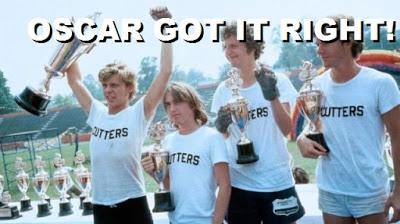Loretta Young: Come to the Stable
Deborah Kerr: Edward, My Son
Olivia de Havilland: The Heiress (winner)
Susan Hayward: My Foolish Heart
Jeanne Crain: Pinky
What’s Missing
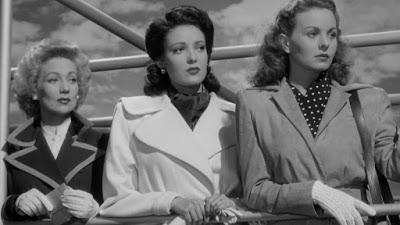
What an odd year for Best Actress 1949 was! It seems like such a strange collection of nominees that there almost has to be a way to improve upon it. Truthfully, I’m not sure anyone in A Letter to Three Wives should be considered leading, but a nomination for Jeanne Crain here, Linda Darnell and Ann Sothern would be worth talking about. I’d also love to talk about Joan Greenwood in Kind Hearts and Coronets, the only person capable of shifting focus from Alec Guinness. I think Anne Sheridan merits some thought for the rather sweet I Was a Male War Bride, and we might bring up Joanne Dru for All the King’s Men. Finally, while I didn’t love Adam’s Rib, I know I’m in the minority, and Katherine Hepburn was always at least a little in contention for a nomination.
Weeding through the Nominees
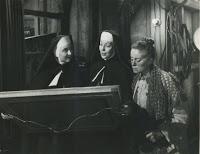
5. This set of nominations is a run for the bottom, and it wasn’t until I really sat down and thought about it that I decided to stick Loretta Young on the bottom of the dogpile with Come to the Stable. I have to admit that part of this is probably the nature of the film, which is reprehensibly corny and glurgy. This is a movie that, if made today, would come from PureFlix. Anyway, as bad as the movie is, I ended up putting Young on the bottom of the pile because she also doesn’t really do anything with the role. I have no idea why she is here or why this movie earned seven nominations.
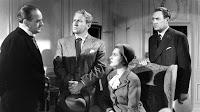
4. Loretta Young’s main competition for the bottom spot was Deborah Kerr in Edward, My Son. This is another movie without much in the way of redeeming qualities about it. In fact, while Kerr is fine in the second half of the movie, she’s a complete non-entity for the entire first half, making this half of a good performance. It’s only the fact that Young gives essentially none of a good performance that keeps Kerr out of the basement. This is a film only worth watching for the absolute completist and no one else.
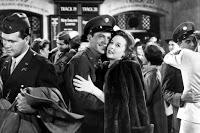
3. Susan Hayward makes as much as she can of her role in My Foolish Heart, but once again we have a film and a performance that really shouldn’t be anywhere near an Oscar stage. I like Susan Hayward as a general rule, and she does absolutely as much as she can with this role, but there is nothing for her to latch onto. It’s dripping with melodrama and the sort of thing that is almost embarrassing to watch. She does with it as much as she can, but there’s no good reason that she should have been nominated for this role.
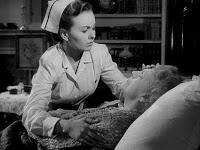
2. This means that Jeanne Crain’s performance in Pinky where she, graced with flaming red hair and born of Irish Catholic parents, played a black nurse. Wrap your head around this, realizing that this is a film that could only work in black-and-white because, in color, it would be even more patently ridiculous. The truth is that the story is kind of interesting, though, at least a lot more interesting than the films already mentioned, and while Crain is ridiculous playing a black (albeit very light) woman, she does with it more than she should have been able to do.
My Choice
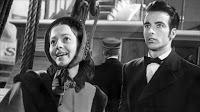
1. This was so clearly Olivia de Havilland’s Oscar for The Heiress that I can’t imagine anyone else nominated got a single vote. In a year filled with melodrama and cheese, de Havilland gives a performance that is filled with nuance and pathos. It’s some of her best work made even more noteworthy because of her willingness to play an extremely unglamorous role. In a lot of years, she would be a strong contender with this performance. In 1949, she is so far the runaway winner that she can’t see anyone else in the rest of the pack.
Final Analysis
